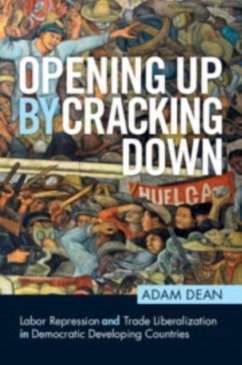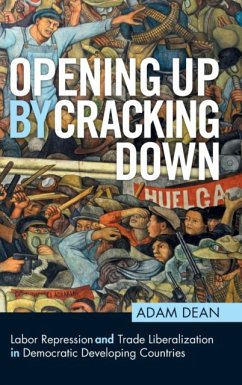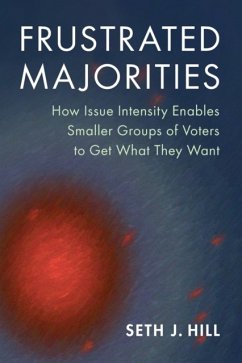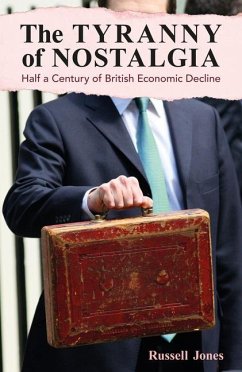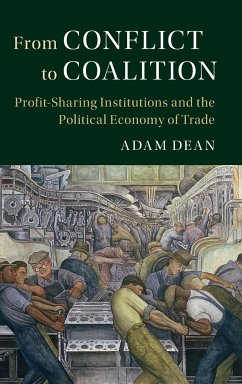
Shocking Contrasts
Political Responses to Exogenous Supply Shocks

PAYBACK Punkte
23 °P sammeln!
Students of history, politics, economic change, social hierarchy, and even Fascism will view this book as provocative and indispensable. It illuminates how plagues, blockades, migrations, and such world-changing innovations as the invention of printing precipitate political and social revolutions in some societies but peaceful adaptation in others.





